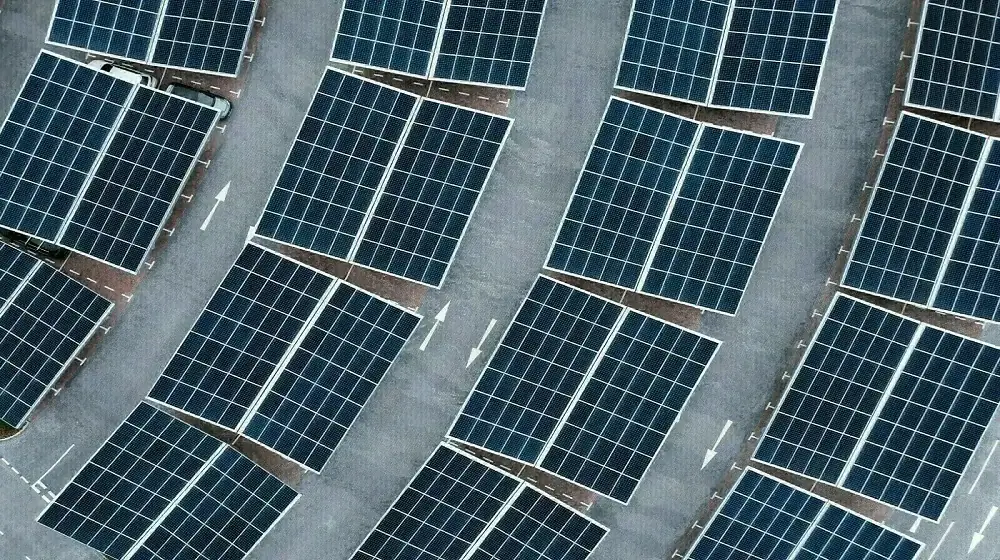After the proposal to raise taxes on fertilizers and agricultural chemicals was rejected, Pakistan and the International Monetary Fund (IMF) are now considering alternative measures, including increasing tax rates on solar panels, internet services, and other sectors.
These steps aim to generate additional revenue on an emergency basis if fiscal shortfalls rise. According to a report, these proposed “emergency tax measures” will form part of the IMF’s second review report, which will be released after the fund’s executive board approves the third tranche of $1 billion.
The measures would be implemented if revenue collection in the first half of the fiscal year (July–December) falls short of targets or if the Ministry of Finance fails to curb expenditures.
READ MORE: Pakistan’s Economy Shows Moderate Growth, Inflation Hits Eight-Year Low, Says SBP
Proposals submitted by the Federal Board of Revenue (FBR) to the IMF suggest that, if required, the GST on imported solar panels could be increased from 10 percent to 18 percent, effective January 2026. Similarly, the withholding tax on internet services may be raised from 15 percent to 18–20 percent.
According to FBR estimates, imported solar panels could generate 25,000–30,000 megawatts of electricity in the coming years. Currently, rooftop solar panels produce around 6,000 megawatts, a figure that could potentially double.
The government is exploring ways to limit the expansion of solar energy, as reliance on the national electricity grid decreases. Capacity payments alone are projected to reach Rs. 1.7 trillion in the current fiscal year.
Via Daily Jang









